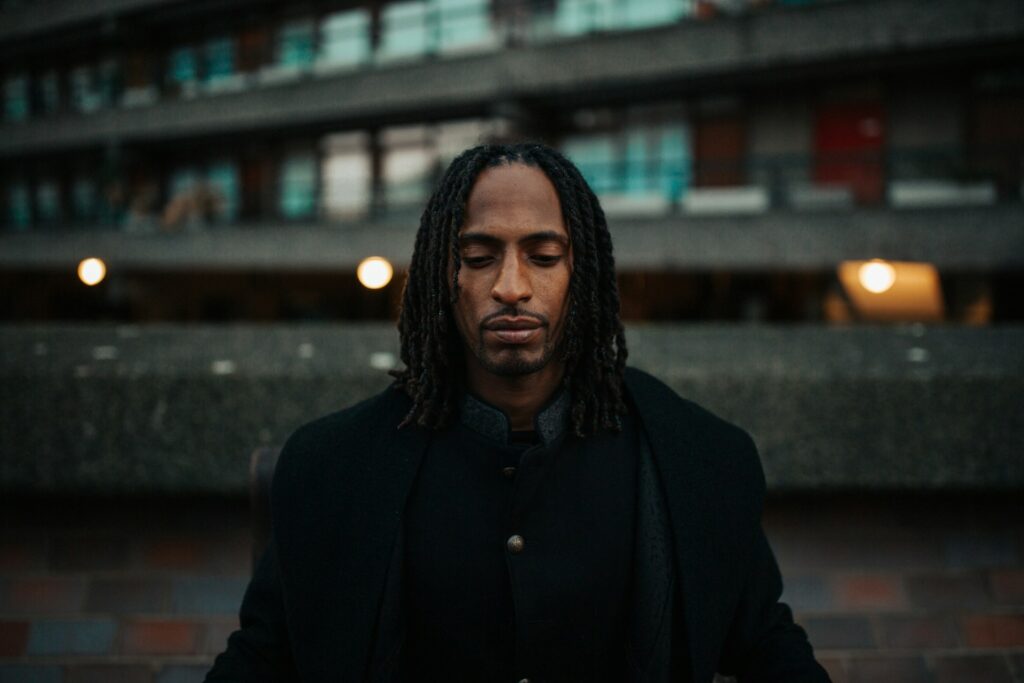Grief isn’t always overwhelming or obvious, and it’s often something we carry with us without even realising it.

Sometimes it shows up in quiet ways—frustration, tiredness, a vague sadness you can’t pin down. You don’t have to lose a person to be grieving something. It can be a version of your life, a piece of yourself, or even a future that didn’t happen. Here are some of the things your heart might still be mourning, even if it’s not something you think about on a regular basis.
1. The version of you that didn’t get the life you planned

You might not think of it as grief, but there’s a specific kind of ache that comes from realising your life didn’t go the way you thought it would. Maybe the job, the relationship, or the dream you held onto just didn’t happen. It’s not failure, it’s loss, and it deserves to be felt. You can be grateful for where you are now and still quietly miss the path that felt like it should’ve been yours. That’s grief too, even if you don’t talk about it.
2. Friendships that slowly faded

Not every friendship ends with a big fight. Sometimes it’s just distance, changing schedules, or different stages of life. However, even when the ending is quiet, the loss still leaves a space in your life. You might still think about them, still feel weirdly nostalgic when a memory pops up, or find yourself wanting to tell them something random. That bittersweet feeling? That’s grief. It doesn’t mean the friendship has to come back—it just means it mattered.
3. The person you were before something hard happened

Life events—trauma, illness, burnout, even big changes—can change you. While growth can come from that, it’s totally normal to miss the version of you that didn’t have to carry so much. The version that felt lighter, more carefree, or more hopeful.
You might not notice it until you catch yourself doing things differently, or realising you’ve stopped doing something you used to love. That quiet gap where your old self lived? That’s another kind of grief that doesn’t always get named.
4. A home you had to leave

Whether it was a childhood house, a rented flat that felt like yours, or a place you lived during a meaningful time in your life, leaving a home can hit surprisingly hard. Even when you chose to leave, the loss of that physical space matters. You might miss the light in the kitchen, the neighbours, or the way it felt to wake up there. It’s not just about walls and furniture—it’s about everything that place held. The routines, the memories, the version of you who lived there.
5. A sense of safety or innocence

For some people, grief shows up after realising the world isn’t as safe or fair as they once believed. That might come from growing up, seeing how people are treated, or going through something that changed how you see everything. It’s a kind of emotional loss that’s hard to explain. You miss the version of you that didn’t carry that heaviness. The part of you that trusted more freely, worried less, or didn’t know the things you know now.
6. A future you were counting on

Sometimes, what you’re grieving hasn’t happened—it was supposed to. Maybe you thought you’d be married by now, have kids, live in a certain place, or work a certain job. When that version of your future falls apart, it leaves a strange kind of emptiness. You might still be building something good, but it’s not what you imagined. Sadly, that gap between expectation and reality can sting. That’s not just disappointment—it’s grief for the life you were once moving toward.
7. A relationship you walked away from for good reasons

Even when it was the right call, walking away from someone you cared about is still a loss. You can grieve the connection, the comfort, the shared history, even if you know going back wouldn’t be healthy or safe. Letting go with clarity doesn’t erase the sadness. Missing someone doesn’t mean you made the wrong choice. It just means you’re human, and endings hurt, even when they’re necessary.
8. Time you can’t get back

It’s normal to feel a wave of grief when you realise how much time has passed—whether it’s years lost to survival mode, a season of life that flew by, or time you wish you’d spent differently. You can’t go back and redo it, and that can be a tough truth to sit with. However, the grief is real. It’s okay to feel sad for the time that got away, even while trying to make the most of what you’ve got now.
9. The dynamic you wanted with family

A lot of people are quietly grieving the relationship they wish they had with a parent, sibling, or relative. Maybe you’ve accepted how things are, but there’s still a part of you that wishes they saw you differently, treated you better, or just showed up more. That’s not being dramatic—it’s grieving the connection you hoped was possible. Even if you’re doing well now, that little ache for what could’ve been often lingers underneath. It’s real, and you’re allowed to feel it.
10. A version of the world that felt more hopeful

Between constant bad news, global crises, and rising stress, it’s not unusual to feel a quiet sadness over how heavy everything feels now. Maybe you used to believe things would get better, or that people would look out for each other more. Losing that kind of hope isn’t always obvious, but it leaves a gap. It can make you feel more cynical, more tired, or more emotionally numb. That’s grief, too—the kind that doesn’t always have a name but shows up in how you see the world.
11. A creative spark that’s faded

If you used to write, paint, dance, build things, or just daydream—and now you don’t—you might be grieving that loss without realising it. Creativity connects us to joy, play, and possibility. When it slips away, something changes inside. Life gets busy or heavy, and those outlets quietly disappear. You might not even notice at first. But the absence of that spark can leave a dull ache, like part of you has gone a bit quiet. That sadness? It counts as grief.
12. The ability to be carefree

At some point, a lot of people notice they’ve stopped feeling light. Maybe it’s the pressure of adulthood, the weight of responsibilities, or years of dealing with tough stuff. Either way, the carefree part of you doesn’t show up like it used to.
You can laugh, you can enjoy things—but that effortless freedom feels like it’s been replaced with caution or tiredness. Missing that lightness is a real loss. It doesn’t mean you’re broken—it just means life’s been heavy for a while, and part of you remembers what it felt like before that.


